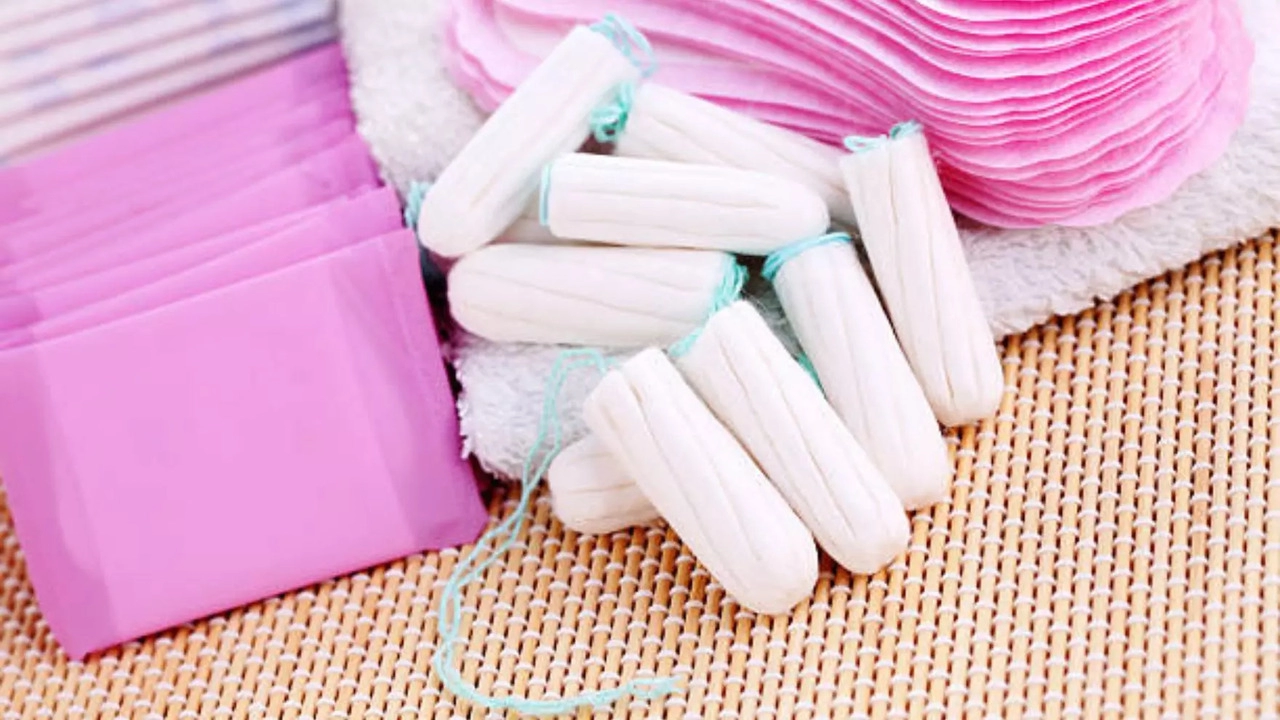A recent study has uncovered the presence of more than a dozen heavy metals, including lead and arsenic, in a wide range of tampons sold across the United States and Europe. This discovery raises significant concerns about the safety of menstrual products used by millions of people.

Widespread Presence of Heavy Metals
The study, published in the journal Environmental International, tested 30 tampon samples from 14 different brands purchased from major online retailers and stores in the U.S., U.K., and Greece. Shockingly, lead was found in all 30 samples, while a total of 16 metals, including arsenic, barium, calcium, cadmium, cobalt, chromium, copper, iron, manganese, mercury, nickel, selenium, strontium, vanadium, and zinc, were detected in at least one product.
The researchers, led by Jenni Shearston, a postdoctoral scholar at the University of California Berkeley School of Public Health, emphasized the need for stricter regulations requiring manufacturers to test for metals in tampons. “Our findings point towards the need for regulations requiring the testing of metals in tampons by manufacturers,” the study stated.
Health Implications and Regulatory Gaps
The presence of these metals in tampons is particularly concerning due to the permeability of vaginal skin, which is more absorbent than other parts of the body. Substances entering the bloodstream through the vagina bypass the liver’s filtration process, potentially leading to more direct exposure to harmful contaminants.
The study did not disclose the specific brands tested, and Shearston did not respond to requests for further details. The U.S. Food and Drug Administration (FDA), which regulates tampons in the country, also did not provide an immediate comment on the findings.
Interestingly, the study noted that organic tampons contained less lead but more arsenic compared to non-organic ones. Additionally, tampons sold in the U.S. exhibited higher concentrations of lead than those available in Europe. These variations suggest differences in manufacturing processes and raw material sourcing.
Response from Manufacturers and Regulatory Bodies
Major tampon brands such as Procter & Gamble’s Tampax, Kimberly-Clark’s Kotex, and Playtex from Edgewell Personal Care did not immediately respond to requests for comment on the study’s findings. This lack of response highlights the need for transparency and accountability from manufacturers in addressing potential health risks associated with their products.

Tampons are typically made from cotton, rayon, or a blend of both materials. The study suggested that the metals could have originated from the soil where the plants used to produce these materials were grown. Alternatively, the presence of metals might result from chemicals used as antimicrobials or to control odor during the manufacturing process.
The findings underscore the urgent need for further research to determine whether these metals leach out of tampons during use. Given the potential health implications, regulatory bodies must establish stringent testing requirements to ensure the safety of menstrual products.
